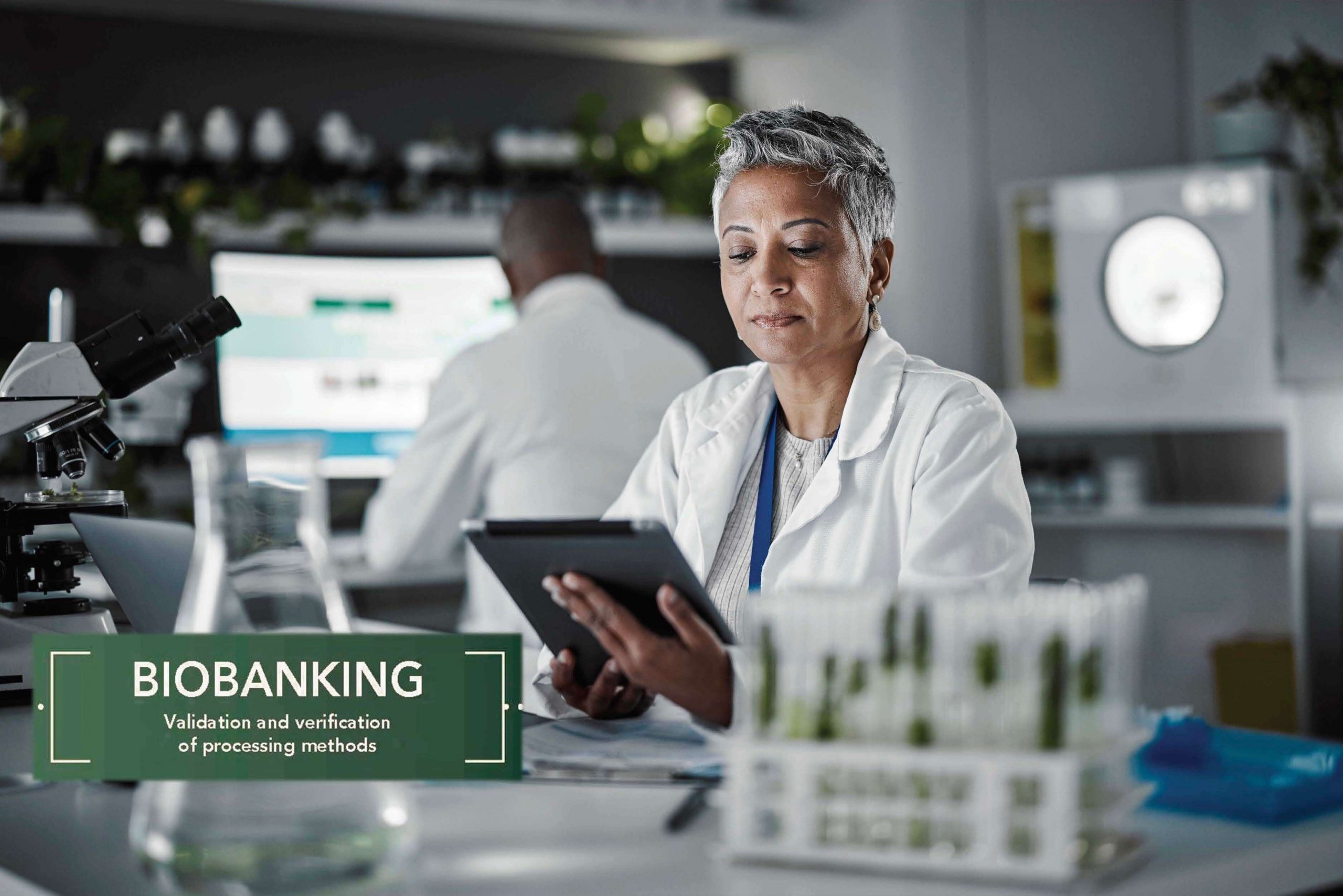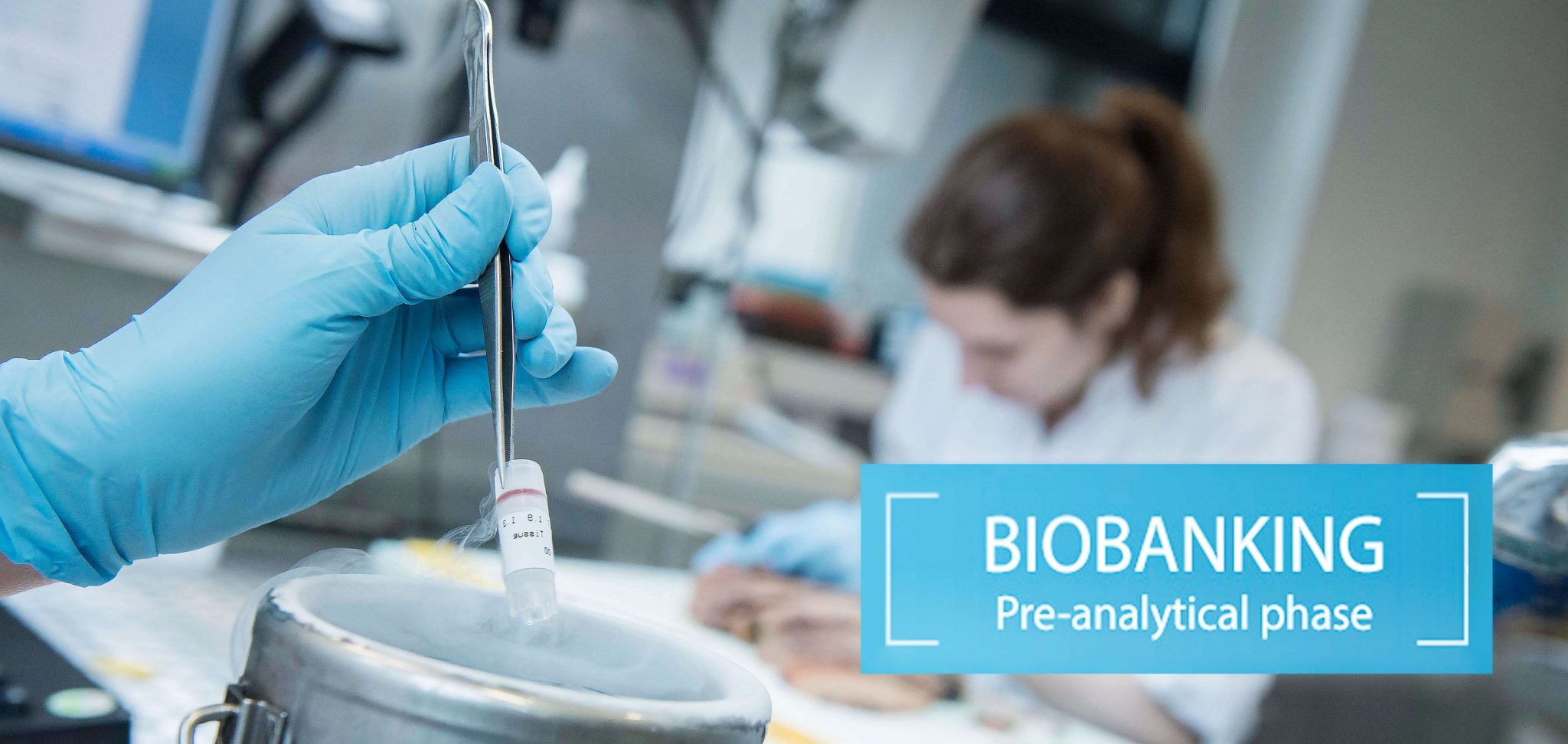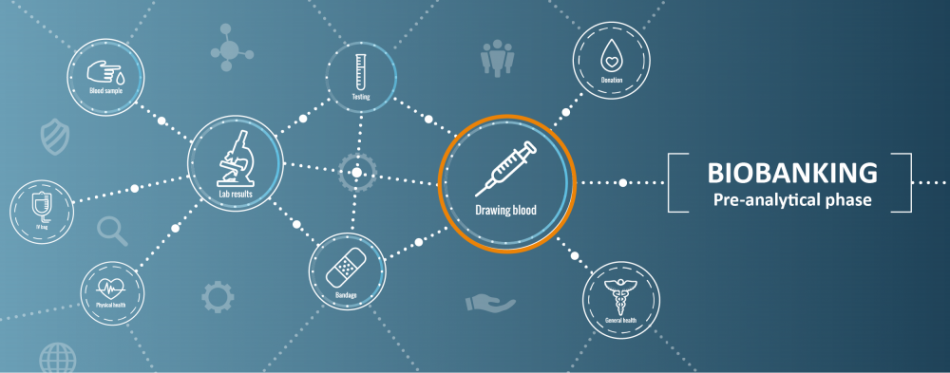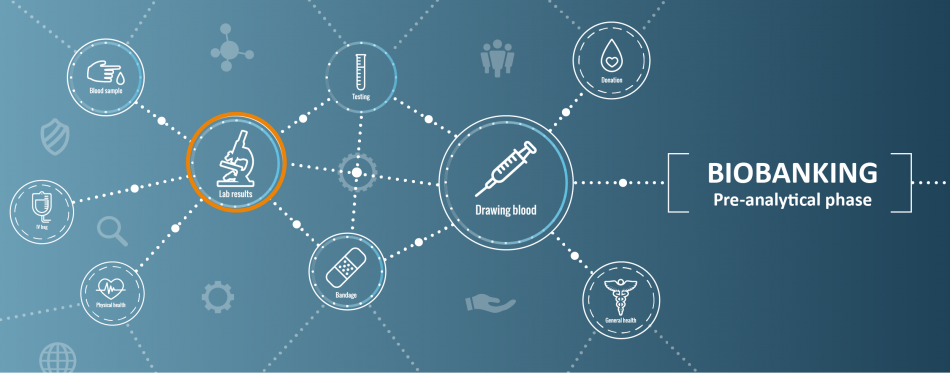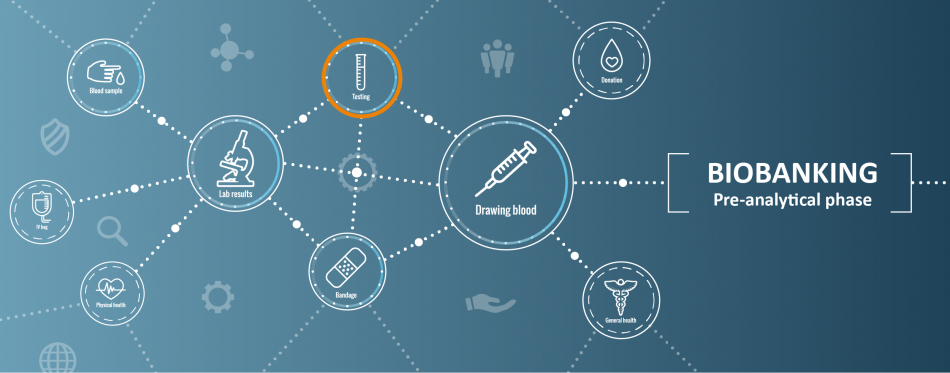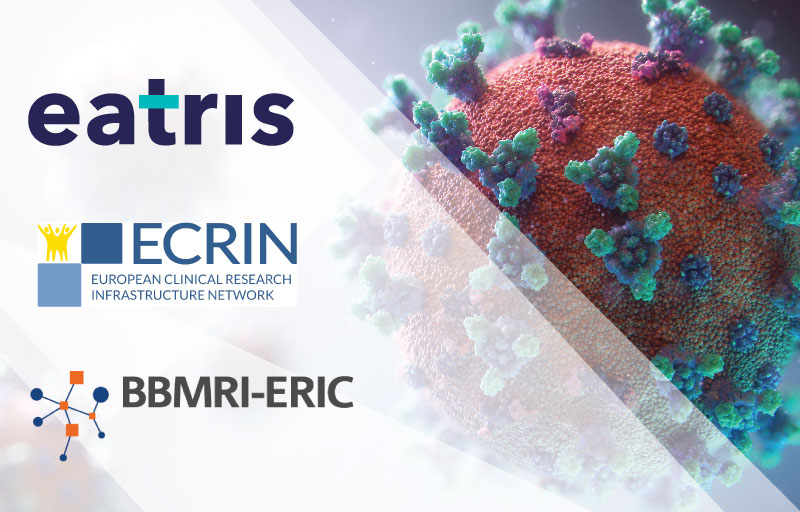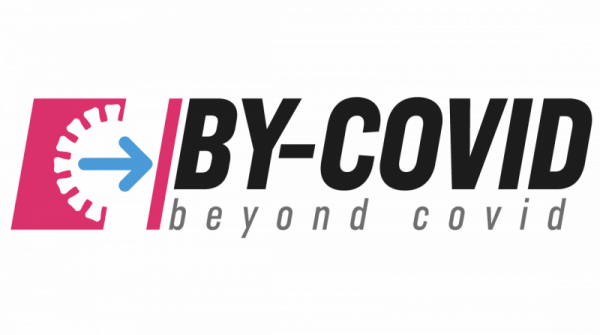I am looking for information as
Researcher

Industry

Patient

E-learning of BBMRI.QM Academy
BBMRI.QM Academy offers two e-learning methods: live educational webinars and webinars on demand (recordings). The learning processes of both are supported through digital media & tools. They are intended for anyone wishing to continue medical education without travelling.
The webinars are oriented to different levels of expertise and provide worldwide interactive teaching on basic and advanced topics related to biobanking and biomolecular research activities.
Each of the live educational webinars is presented by one or more of our key speakers.

E-learning methods
Live educational webinars
These webinars are live, with interactive presentations and online discussions – a good opportunity to learn about the latest procedures and recommendations. They are case-based and interactive, allowing participants to ask questions to the panel. Attendees of live educational webinars have the opportunity for discussion, with individual questions and answers to encourage interaction and to reinforce learning.
CME Accreditation Information
For selected live educational webinars, BBMRI.QM Academy has applied for accreditation at the European Accreditation Council for Continuing Medical Education (EACCME®). These live educational webinars are marked with “accredited by EACCME®”.
Webinars on demand (recordings)
Webinars are available on demand after the live event, allowing viewers to watch on their own time. On demand webinars are a great resource to review specific topics. No interactivity is offered for on-demand watch and only live-viewing can be accredited.
How to join?
- Scroll down to the webinar of your choice.
- Register (for live educational webinars / webinars on demand [recordings]).
- Live educational webinar: After registration, you will receive a confirmation email with the connection details. Please check your spam folder.
Webinars on demand (recordings): After registration, you can watch the recording in your browser. If there are any questions, please contact Andrea Wutte: andrea.wutte@bbmri-eric.eu
Webinar 2023 – Recording
Validation and verification
of processing methods and biobanking
Registration → Programme
took place on Thursday, June 1, 2023
Accredited by EACCME® with 1 European CME credits (ECMEC®s) for live educational webinar!
Summary
This educational course is about processing methods in biology laboratories.
Processing methods are being applied in research laboratories, biobank laboratories or technological platform laboratories. Validation of such methods is an important undertaking to ensure the fitness for purpose of the biological specimens that are the output of these methods. This course will explain the concept of a processing method, and of its validation or verification. It will go through different approaches that can be followed, the steps that can be taken, the statistical tools and the acceptance criteria to perform method validation, as well as the required documentation. The concept of exploratory methods will also be approached and the risks that are concomitant to a non-validated processing method will be illustrated with different examples. The course will largely follow the recommendations of the international Standard ISO21899:2020 but will present application of the concepts to concrete laboratory situations.
Read more...